🚧 Our Feed Store is Getting an Upgrade!🐓
While we renovate our new space, local feed pickup is paused.
We can still special order or drop-ship New Country Organics feed by request.
All other products remain available online.
📞 Call:
970-373-0102
for feed orders or questions.
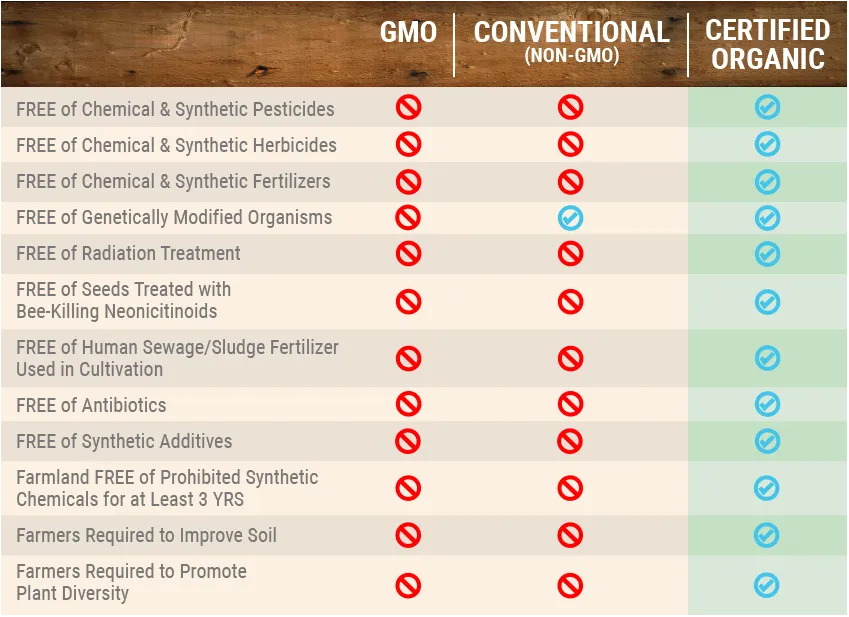
Premium Organic Feed for Healthier Flocks & Livestock
At Blooming Health Farms, we’re committed to providing the best nutrition for your animals. That’s why we proudly offer New Country Organics alongside our own premium, sprouting seed—ensuring
clean, nutrient-dense, and sustainable options for poultry, livestock, and homesteaders who care about quality.

Shop By Categories
Discover the perfect items to elevate your flock with our Shop by Category section.
What Customers Say About Us...

Company Name should look
for ones that are specific,
detailed, and highlight the
unique benefits of working with
the company.
Alex John Martin
Manager

Company Name should look
for ones that are specific,
detailed, and highlight the
unique benefits of working with
the company.
Alex John Martin
Manager

Company Name should look
for ones that are specific,
detailed, and highlight the
unique benefits of working with
the company.
Alex John Martin
Manager
Frequently Asked Question
Welcome to our FAQs section, where we address common questions and provide helpful answers about our products. Whether you're new to taking care of livestock or a seasoned pro, our FAQs are here to provide clarity and guidance.
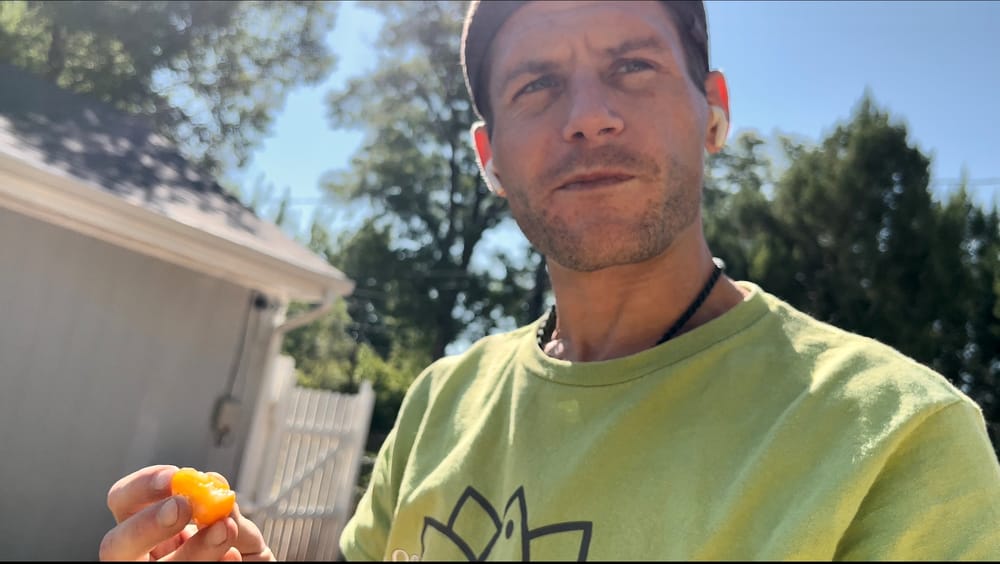
Can I customize the promotional items with my company logo?
Yes, we offer customization options to showcase your brand identity.
What types of promotional items do you offer?
We provide a diverse range of customizable merchandise for marketing.
What is the minimum order quantity for personalized items?
Minimum order quantities vary depending on the selected product.
How long does it take to receive my customized items?
Production times vary but are typically within 7-10 business days.
Do you offer rush shipping options for urgent orders?
Yes, we offer expedited shipping options for time-sensitive orders.
See Our Latest Blogs
Stay up-to-date with our latest insights, tips, and trends by diving into our newest blogs. Whether you're seeking industry expertise, marketing strategies, or product inspiration, our blog section is your go-to resource for valuable content.

Chickens Eat Anything, Right?
What is Toxic to Chickens? (And How I Pulled a Plastic Bag from a Hen's Throat)
When I first started raising chickens, I assumed they had a natural instinct to avoid things that could kill them. After all, birds in the wild don't have someone watching over them to ensure they don't eat something dangerous.
That assumption disappeared the day I saw one of my hens swallowing a plastic bag.
I had walked outside, expecting to see my flock scratching the dirt like usual. Instead, I found a full-blown tug-of-war match. A crumpled grocery bag had blown into the yard, and my birds were fighting over it. One hen got the upper hand—if you can call it that—and she started gulping it down before I could stop her.
Panic kicked in.
I caught her, pried her beak open, and started pulling the bag out of her throat. Handful by handful, I removed an entire plastic grocery bag from her mouth.
I was relieved but also shocked.
That was when I realized that chickens, as bright as they are, don't have the best judgment regarding food in today's world.
Chickens Will Eat Anything—Even If It Kills Them
I had no clue what else might be toxic to my birds. So, like anyone new to this, I turned to Google and Storey's Guide to Raising Chickens. I wanted clear, simple, trusted information.
The more I read, the more I realized something alarming:
Toxic foods aren't always obvious.
Sure, I knew not to feed them chocolate. But what about raw beans? Green potatoes? Certain weeds in the yard?What about things that weren't "food" at all—moldy feed, kitchen scraps gone bad, or pesticide-treated grass?
It turns out that even small amounts of certain toxins can be deadly for chickens.
And here's the kicker: Chickens don't know what's bad for them. They peck first and ask questions later. That means it's our job to protect them.
Common and Unexpected Things That Can Poison Chickens
Toxic Foods That Can Kill Chickens
Raw or dried beans – Uncooked beans contain phytohaemagglutinin, a toxin that can kill chickens within hours.
Avocado pits and skins contain persin, which is deadly to birds.
Chocolate and caffeine – These contain theobromine, which chickens cannot metabolize.
Green potatoes and tomatoes contain solanine, a toxic alkaloid affecting the nervous system.
Apple seeds – contain small amounts of cyanide, which can accumulate in the body.
Moldy or spoiled food – Certain molds produce lethal mycotoxins.
Plants That Are Poisonous to Chickens
Oleander – Even a small amount can cause heart failure.
Rhododendrons and azaleas – Contain toxins that cause vomiting, weakness, and death.
Nightshade family plants – Wild nightshade, green tomatoes, and some common weeds are dangerous in large amounts.
Foxglove and yew – Both can cause severe heart issues and sudden death.
Bracken fern – This can lead to anemia and vitamin B1 deficiency.
Household and Environmental Dangers
Moldy feed and food waste – Spoiled grains, bread, and compost can contain fatal fungal toxins.
Pesticides and herbicides – Chickens will scratch through treated areas without hesitation, ingesting chemicals.
Rat poison – If a poisoned rodent dies in the yard, a chicken might eat it and die from secondary poisoning.
Trash and plastics – As I learned firsthand, chickens will eat plastic, metal, or anything shiny.
How We Keep Our Flock Safe from Toxins
After that plastic bag incident, I knew I had to rethink how I managed my chickens' environment. I couldn't assume they'd avoid hazards on their own.
1. We Pick Up Trash and Inspect the Yard Daily
Any plastic, metal, or small items get removed before the birds can get to them.
We walk the fence line to check for anything that blows in from neighbors or the road.
2. We Don't Feed Random Kitchen Scraps
A lot of people assume that chickens can eat anything—they can't.
We only give them fresh, safe produce and avoid processed food, spoiled food, or anything questionable.
3. We Limit Scratch Grains
Scratch is junk food for chickens—too much and they won't eat their actual, balanced feed.
We use scratch sparingly and only when it serves a purpose, like keeping them active in the colder months.
4. We Don't Plant Toxic Plants in or Around the Coop
New plants undergo a toxicity check before they go into the garden or pasture.
We make sure the run is free of weeds that could be dangerous.
5. We Are Mindful of Free-Ranging Areas
If neighbors spray herbicides or pesticides, we don't let our chickens near the property line.
We rotate grazing areas to avoid chemical exposure.
Healthy Chickens, Fewer Risks
At the end of the day, chickens are not careful eaters. They will peck at plastic, choke on metal, and swallow anything that looks remotely interesting. They don't second-guess their food choices—we have to do that for them.
By making small adjustments, we've been able to raise chickens that live long, healthy lives without unnecessary risks. When one of our birds dies, it's from old age, not because they ate something they shouldn't have.
Want to Raise a Healthier, More Resilient Flock?
Preventing toxin exposure is only one piece of running a smart, sustainable poultry operation. Chickens thrive when they're raised with the right feed, environment, and management practices.
That's why I wrote Thinking Outside the Soil. This book isn't just about what to avoid—it's about optimizing your flock's nutrition, preventing common health issues, and building a farm that works smarter, not harder.
Suppose you're looking for trusted feed sources, humane-certified hatcheries, and sustainable poultry management strategies. In that case, The Chicken Pimp's Rolodex is also a must-have resource.
Do you have a have a larger flock or your planning a commercial egg operation? Chicken Pimp's Guide to Business Planning offers real strategies to scale without sacrificing bird health.
And if pests are a concern, geese might be your best defense. Guardian Geese dives into how these birds can help manage rodents, aerial predators, and even alert you to intruders.
The best farmers don't just react to problems—they design systems that prevent them in the first place. Grab Thinking Outside the Soil today and start building a safer, smarter poultry operation.
About Us
Contact Us
1919 65th Ave, Ste 3, Unit 2, Greeley CO 80634
Phone: (970) 373-0102
Email: [email protected]
Copyright© 2025 Blooming Health Farms - All Rights Reserved.

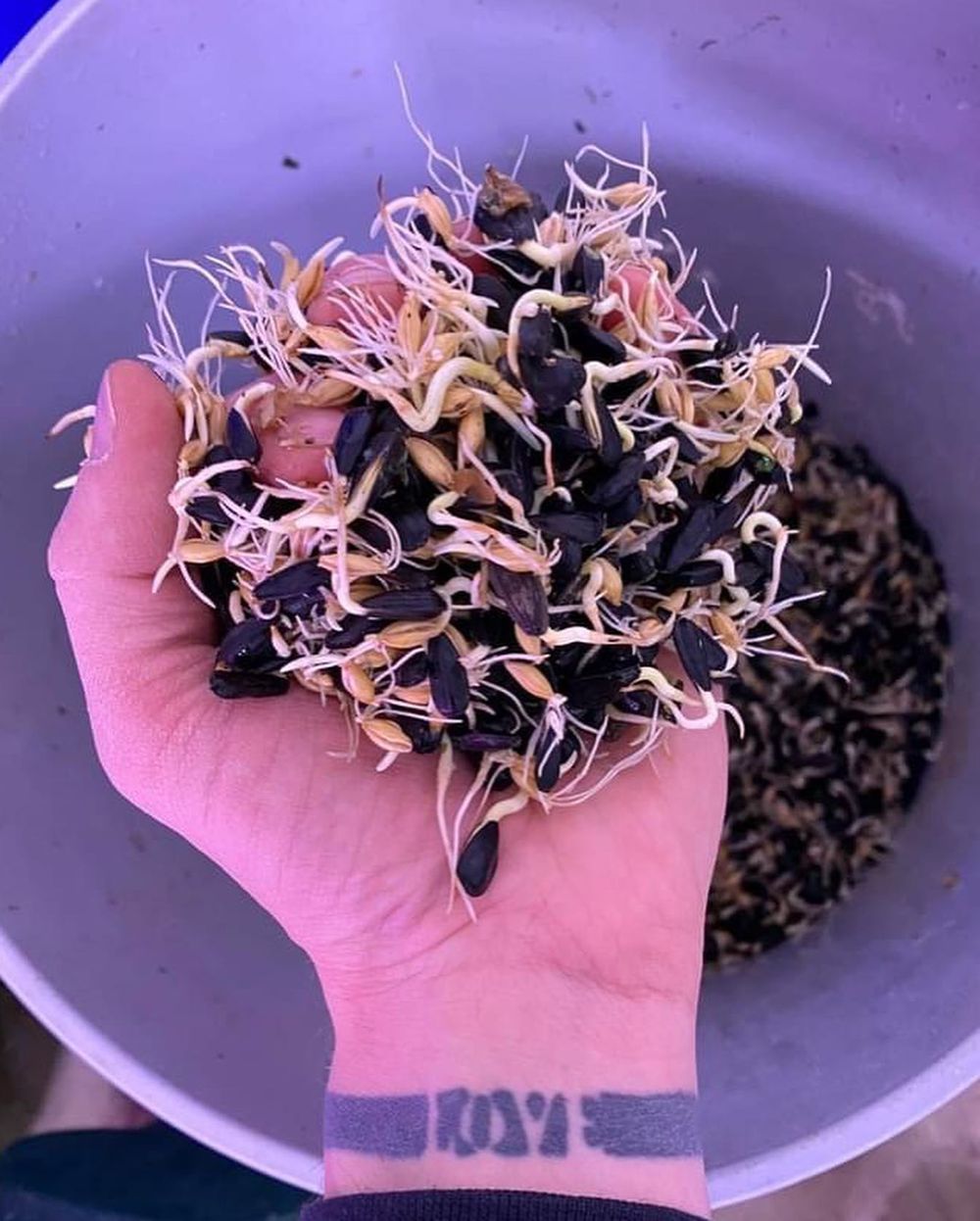
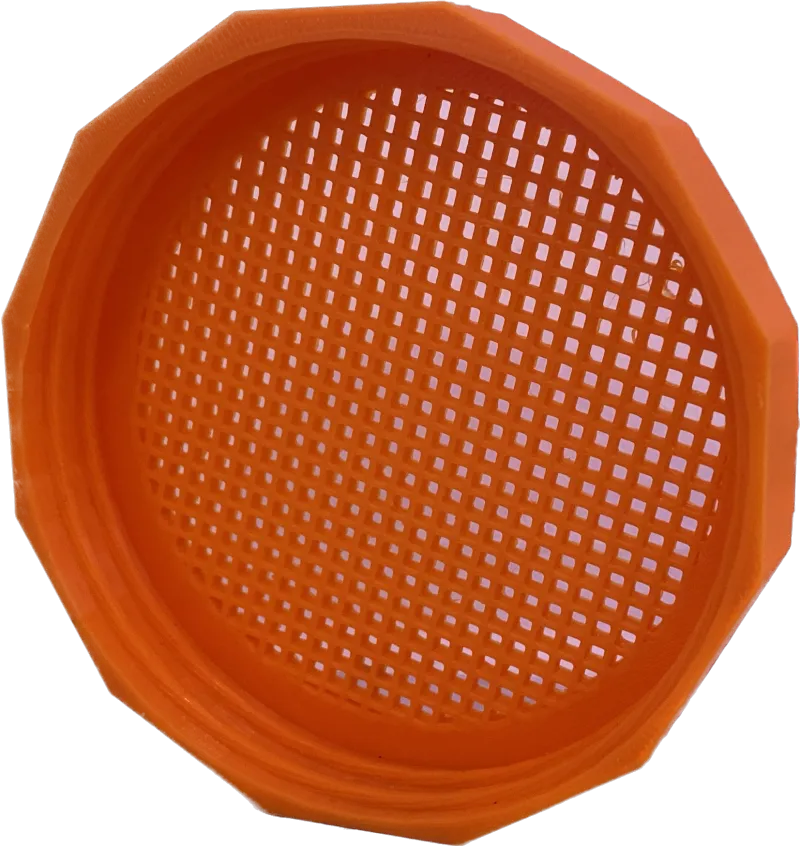
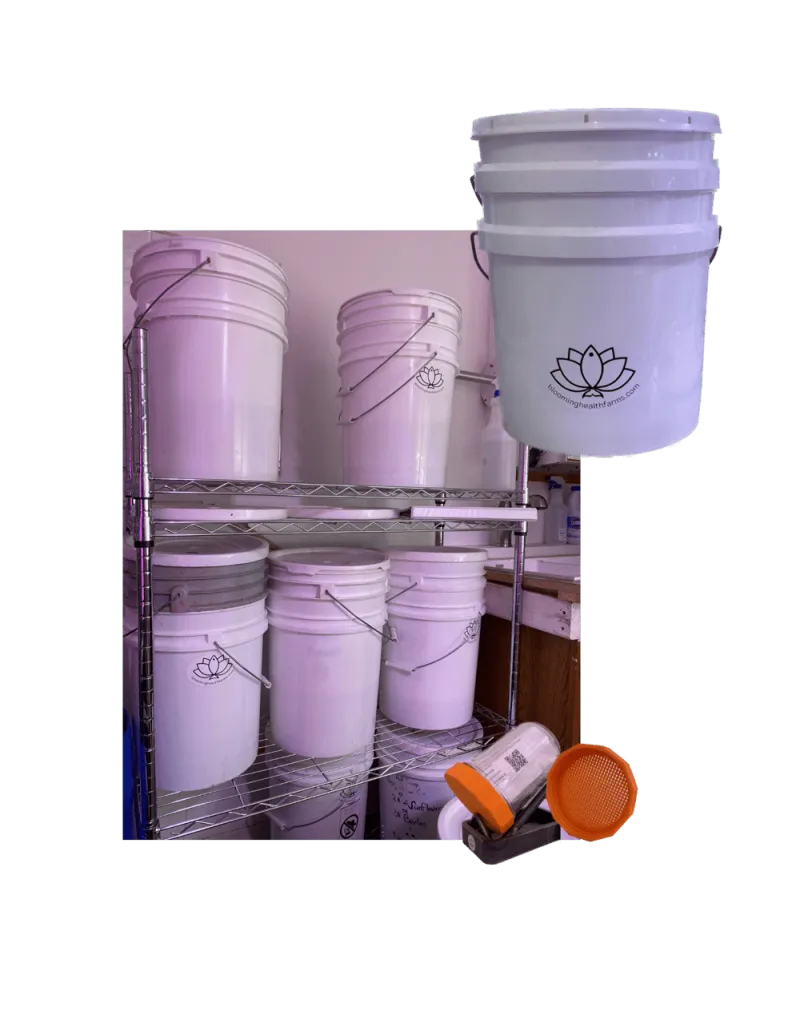









Facebook
Instagram
Youtube